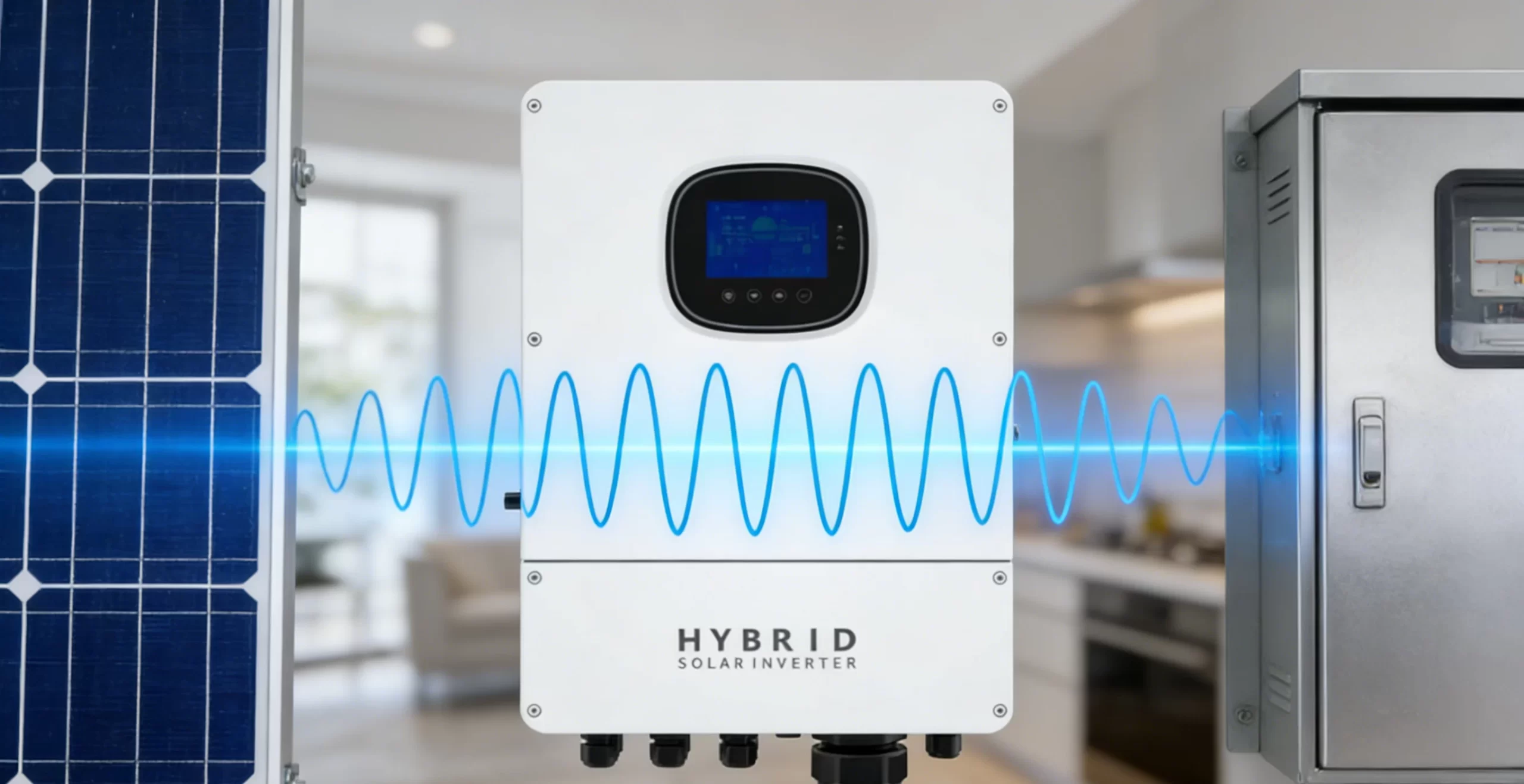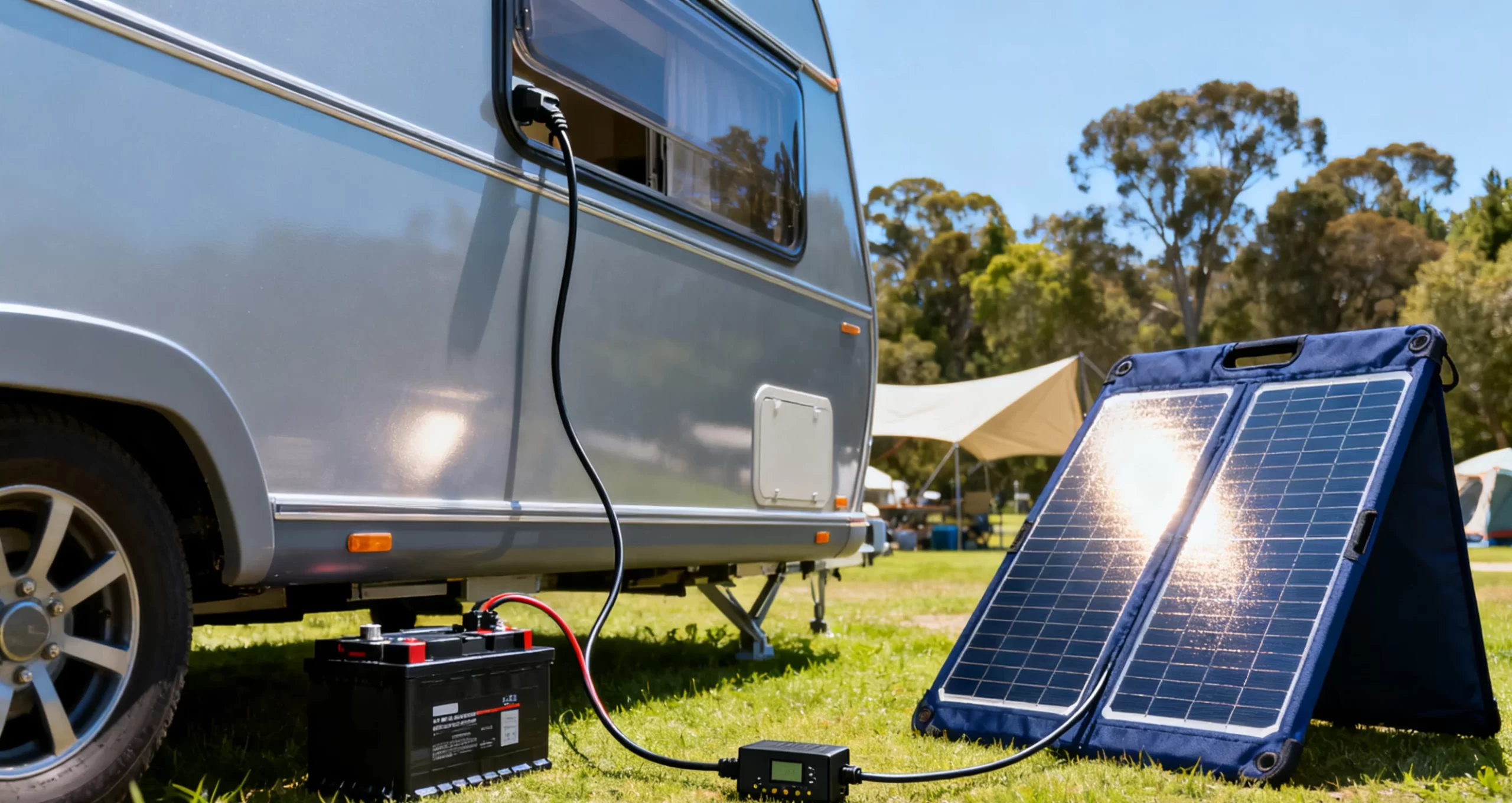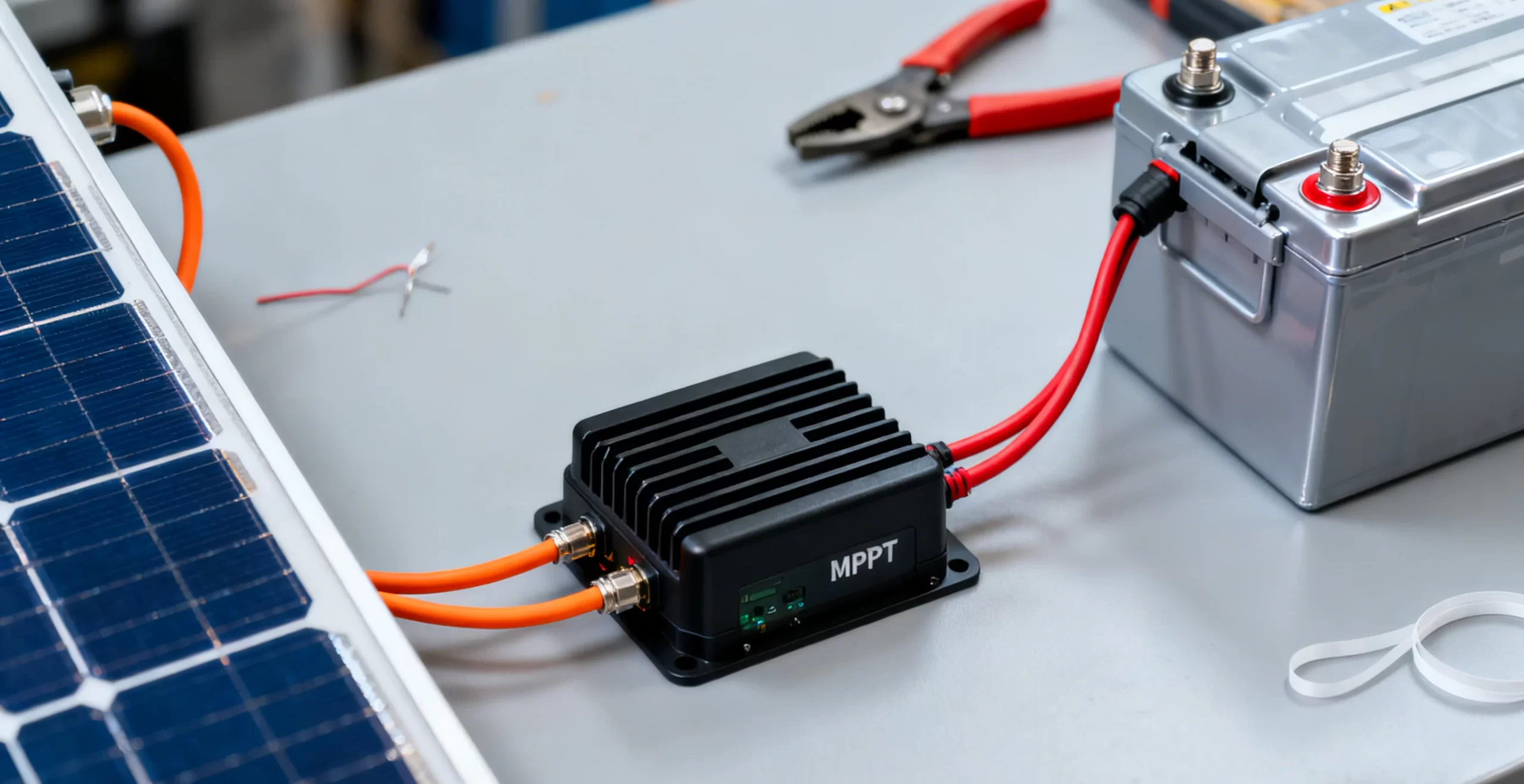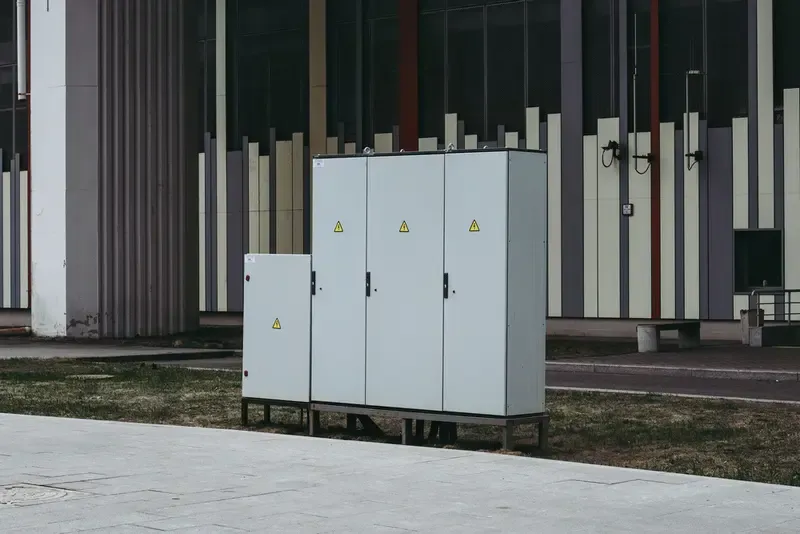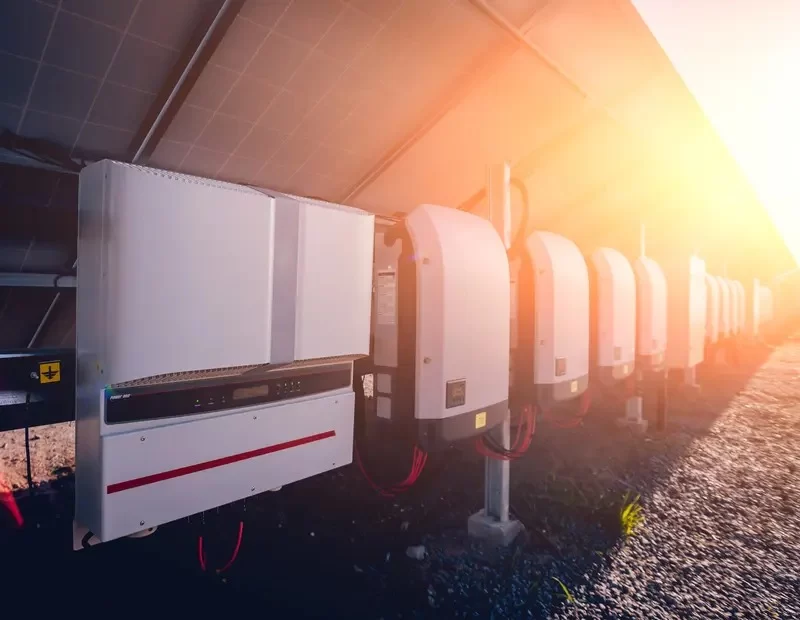- tel:+86-13651638099
- Email: [email protected]
- Official website: www.hj-net.com
- Address: 333 Fengcun Road, Fengxian District, Shanghai
Get A Quote Now!
Inverter vs Inverter with Battery: Choosing the Right Energy Solution
In today’s dynamic energy landscape, understanding the distinctions between a basic inverter and an inverter with battery is crucial for optimizing energy management solutions. Making the right choice can significantly impact both the efficiency and reliability of your energy system, whether for residential or commercial applications.

What is an Inverter?
An inverter is a device that converts direct current (DC) electricity into alternating current (AC), which is essential for powering most household and commercial electrical appliances. Its role in energy management is broad, encompassing applications from solar power systems to uninterrupted power supply (UPS) units. By converting DC to AC, inverters make it possible to use renewable energy sources like solar panels to power everyday devices.
Differences Between Inverter and “Inverter with Battery”
Energy Storage Capability
Traditional inverters primarily convert electricity but do not store it. In contrast, an inverter with battery integrates energy storage capabilities, allowing it to store excess energy from renewable sources or charge during off-peak hours for later use. This added storage capacity means that energy can be saved for times when generation is low, such as during the night or on cloudy days. The ability to store energy also provides a buffer against energy supply interruptions, making the system more resilient and reliable.
Grid Resilience
During power outages or grid fluctuations, basic inverters cease operation, leaving you without power. However, inverters with battery continue to provide electricity, offering an uninterrupted power supply that is critical for both residential and commercial settings. This feature ensures that essential appliances and systems remain operational even during unexpected disruptions in the grid. For businesses, this can mean the difference between ongoing operations and costly downtime, while for homes, it ensures comfort and security.
Installation and Maintenance Requirements
Standard inverters typically require straightforward installation and minimal maintenance. In contrast, inverters with battery involve additional considerations such as battery maintenance and replacement cycles, impacting long-term operational costs and reliability. While the initial setup might be more complex and possibly more expensive, the benefits of having a reliable power backup can outweigh these additional requirements. Regular maintenance of the battery ensures that the system operates efficiently and prolongs the lifespan of the battery components.
Usage Scenarios and Benefits
Home and Business Applications
In residential settings, basic inverters support daily electricity needs but may not offer backup power during outages. An inverter with battery ensures a continuous power supply, safeguarding against disruptions and enhancing overall energy reliability. This is particularly beneficial in areas prone to frequent power cuts or in homes with critical systems that require uninterrupted power. For businesses, maintaining power during outages can prevent data loss, maintain security systems, and ensure that essential operations continue without interruption.
Integration with Sustainable Energy
Basic inverters facilitate the integration of renewable energy sources like solar panels into existing grids. Inverters with battery further promote sustainability by maximizing self-consumption of solar energy and reducing dependency on conventional power sources. By storing excess energy, these systems enable households and businesses to use renewable power more efficiently, even when the sun isn’t shining. This not only reduces electricity bills but also decreases the carbon footprint, contributing to environmental conservation.
Conclusion
In conclusion, selecting between an inverter and an inverter with battery depends on specific energy needs and resilience requirements. Basic inverters suffice for regular energy conversion, making them suitable for applications where uninterrupted power is not a critical concern. However, inverters with battery offer the added benefits of energy storage and grid resilience, making them a superior choice for those looking to enhance their energy reliability and sustainability. As technology advances, the future promises even more efficient and integrated solutions, potentially transforming the way we manage and consume energy.
Discover the best inverter or inverter with battery for your needs.

